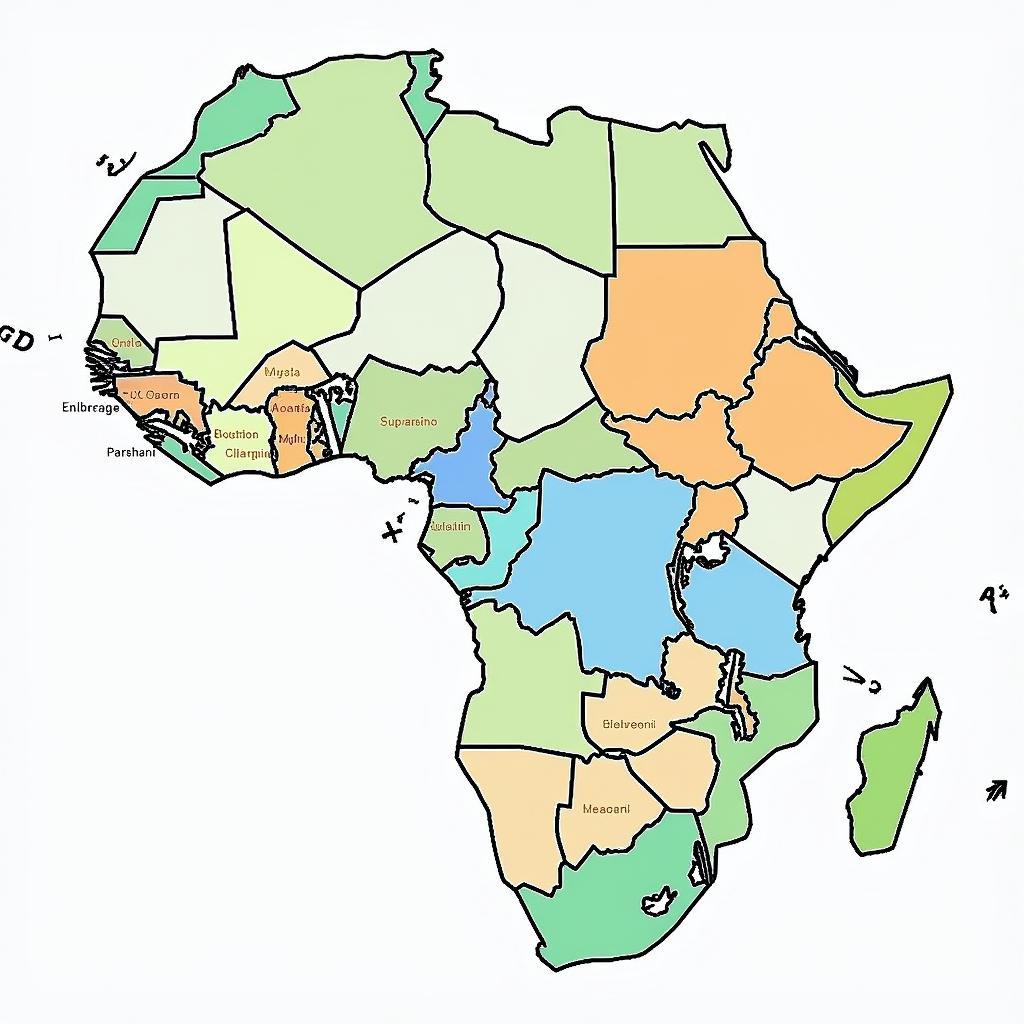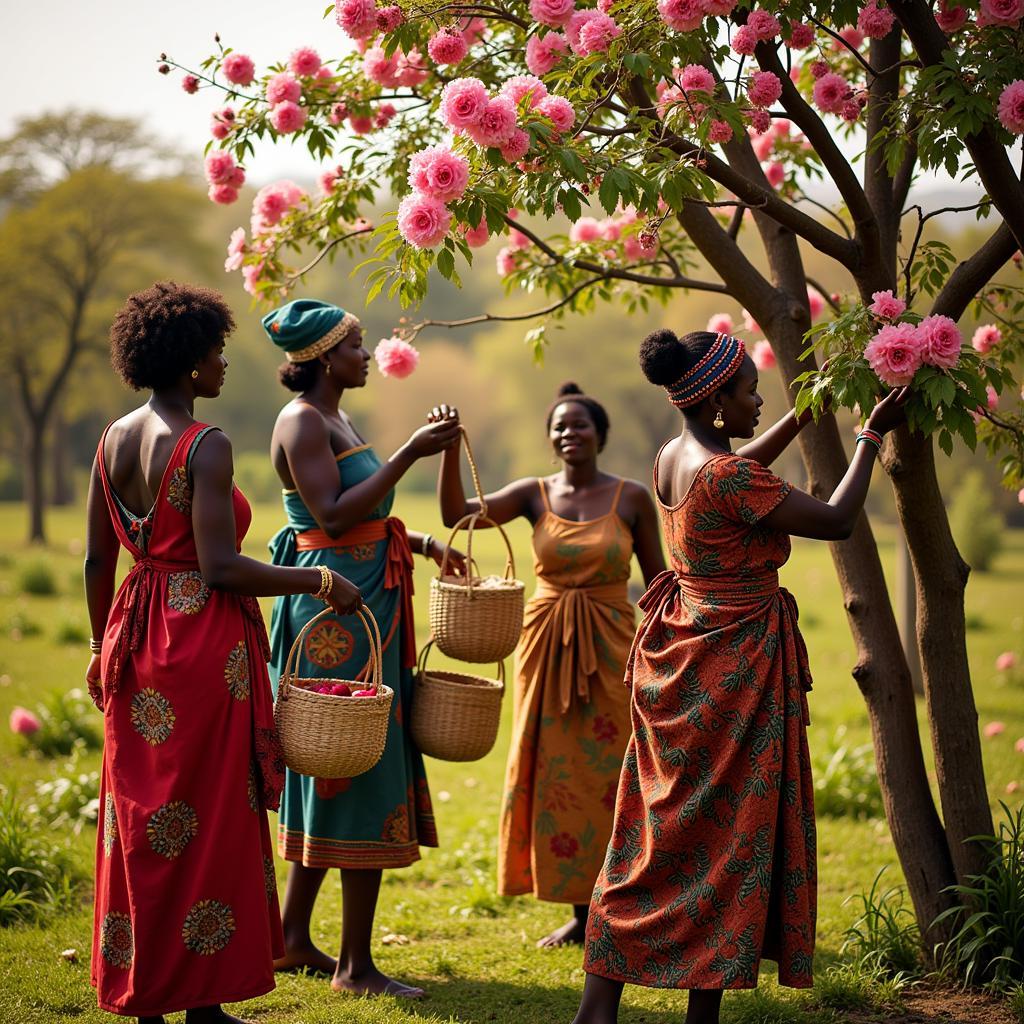Navigating the African Gold Market: A Glimpse into the Golden Heart of a Continent
The African Gold Market shimmers with a history as rich and deep as the mines from which its treasures are drawn. For centuries, gold has held a place of reverence and value across the African continent, woven into the very fabric of its cultures, economies, and identities. Today, the allure of African gold continues to captivate the world, attracting investors, traders, and jewelry enthusiasts alike.
The Legacy of Gold in Africa: From Ancient Kingdoms to Modern Markets
The story of African gold begins long before the arrival of colonial powers. Ancient civilizations like the Egyptians, Malians, and Great Zimbabweans recognized the inherent value of gold, using it to adorn their rulers, craft exquisite jewelry, and establish powerful trade networks that stretched across continents. The echoes of this golden age can still be felt today, in the vibrant traditions of goldsmithing and the enduring cultural significance of this precious metal.
African Gold Production: A Continent of Diverse Riches
Africa boasts a diverse portfolio of gold-producing nations, each with its own unique geological formations and economic landscapes. South Africa, once the world’s leading producer, still holds vast reserves. Meanwhile, countries like Ghana, Mali, Burkina Faso, and Tanzania have emerged as major players in the global gold market. This diverse landscape offers a range of investment opportunities, from established mining giants to smaller-scale artisanal operations.
Understanding the Dynamics of the African Gold Market
Navigating the African gold market requires a nuanced understanding of its complex dynamics. Factors influencing the market include:
- Global gold prices: The international price of gold plays a crucial role in determining the profitability of African gold mining and influences investment decisions.
- Government policies: Mining regulations, taxation, and investment incentives vary significantly across African countries, shaping the ease of doing business and attracting foreign investment.
- Artisanal and small-scale mining: A significant portion of African gold production comes from artisanal and small-scale miners (ASM). Understanding the role and challenges faced by this sector is crucial for fostering sustainable and ethical gold sourcing.
Investing in African Gold: Balancing Opportunities and Responsibilities
The allure of African gold is undeniable, but responsible investment demands careful consideration:
- Due diligence: Thoroughly research companies and projects before investing, paying close attention to their environmental and social impact.
- Ethical sourcing: Support initiatives that promote transparency and traceability in the gold supply chain, ensuring that your investment benefits local communities and minimizes environmental harm.
- Long-term vision: Approach African gold investments with a long-term perspective, recognizing that sustainable growth requires patience and a commitment to building lasting partnerships.
Conclusion: A Golden Future for Africa?
The African gold market stands at a crossroads, brimming with both challenges and immense potential. By embracing responsible mining practices, fostering transparency, and empowering local communities, Africa can harness its golden heritage to build a more prosperous and equitable future.

